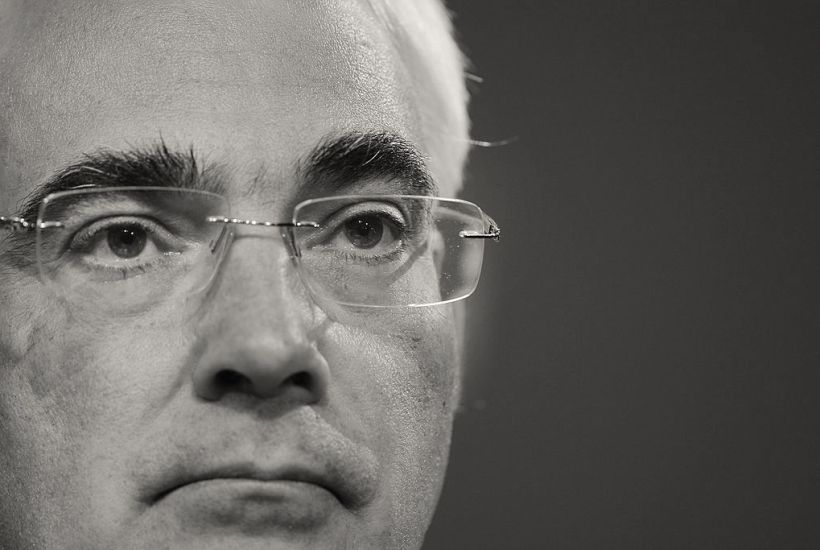Alistair Darling was one of the most consequential politicians of the past half-century but he had the misfortune to be a quiet, self-effacing man and so the scale of his contributions has never been recognised. He was not by nature a Westminster man, not someone who lived for briefings and gossip and the soap opera stuff.
Already a subscriber? Log in
Subscribe for just $2 a week
Try a month of The Spectator Australia absolutely free and without commitment. Not only that but – if you choose to continue – you’ll pay just $2 a week for your first year.
- Unlimited access to spectator.com.au and app
- The weekly edition on the Spectator Australia app
- Spectator podcasts and newsletters
- Full access to spectator.co.uk
Or




















Comments
Don't miss out
Join the conversation with other Spectator Australia readers. Subscribe to leave a comment.
SUBSCRIBEAlready a subscriber? Log in